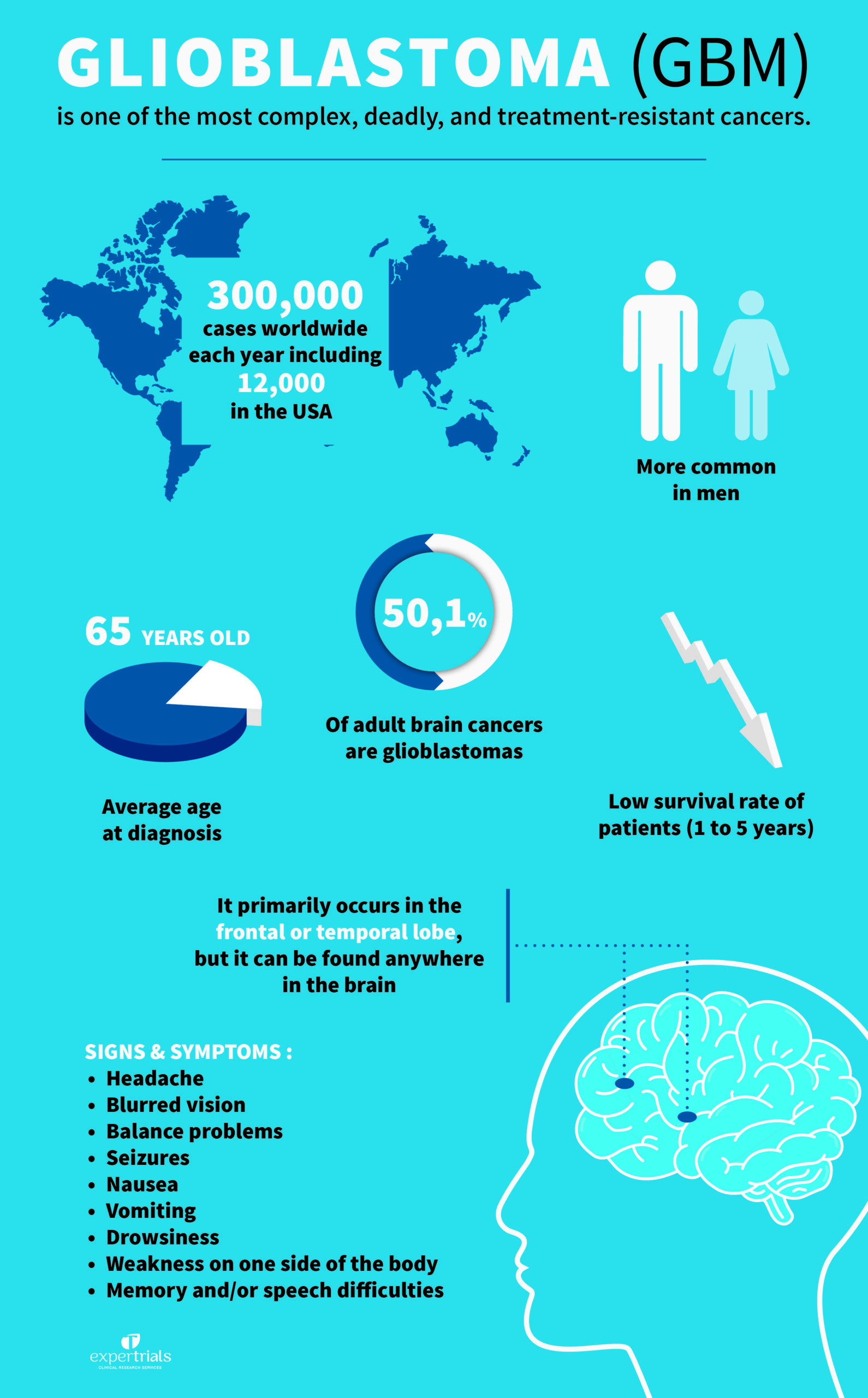In an ideal clinical trial, investigational treatments run seamlessly from early safety testing (Phase I) to large-scale efficacy studies (Phase III). However real-world trials often face critical roadblocks that threaten their viability. In the worst case scenarios, a study might even need to be rescued. Why does this happen? What does that mean exactly for the trial going forward? ExperTrials had the chance to rescue several studies. Let us present you the study case of one specific study we have rescued and tell you how our team changed a derailed trial into a clinical success story!
1. What is a Rescue Study?
Recruitment challenges, questionable data quality and integrity, regulatory non-compliance, missed deadlines: the reasons why a clinical trial might face challenges are numerous. The goal of a rescue study is to address those issues and rectify them swiftly to ensure the trial can proceed effectively. Safeguarding the investment in the trial and guaranteeing the reliability of the results are of the essence.
Let us highlight a specific challenge sponsors often have to deal with – change orders. Change orders are formal agreements between sponsors and CROs so as to modify aspects of a clinical trial after its initiation. Those changes usually regard unforeseen challenges or evolving requirements. They are necessary to ensure the trial remains viable and compliant. However, those change orders are usually a major strain on sponsors’ budgets. How can those situations be avoided? We will tackle that issue in our study case below.
2. How ExperTrials Handled A Glioblastoma Rescue Study
In 2012, an international medical device company sought ExperTrials’ assistance to take over its ongoing trial, involving 40 study sites across several European countries, including Germany, Switzerland, France, Italy, and Spain. Our team of clinical experts played a pivotal role in rescuing and successfully completing its Phase III study evaluating Tumor Treating Fields (TTFields) combined with temozolomide for newly diagnosed glioblastoma (GBM). They implemented major changes to rescue that study. Here is how they proceeded.

// Rapid Transition Planning
ExperTrials executed a swift and efficient knowledge transfer process, engaging closely with the previous CRO, sponsor, and all active sites to ensure continuity, minimize disruption, and maintain regulatory compliance.
// Site Performance Optimization
Our team conducted on-site and remote assessments to identify the specific reasons behind the clinical study site’s underperformance. This root cause analysis allowed our clinical research experts to identify whether that low performance was due to staffing gaps, protocol misunderstandings, or logistical inefficiencies.
To re-energize site teams and restore momentum, targeted support was provided to them in the form of customized site training and refreshed start-up tools. Dedicated site relationship managers were also deployed. Site staff were also motivated and incentivized through regular calls, performance dashboards, and recognition programs in order to improve their performance and adherence to timelines.
// Patient Recruitment Acceleration
Site-specific recruitment strategies were implemented, factoring in each site’s historical performance, patient population, and operational capacity. Local outreach campaigns and collaborations with clinical networks helped increase patient referrals and awareness of the trial. Finally, continuous monitoring of recruitment data allowed our project managers to shift resources dynamically and provide real-time guidance to underperforming sites.
// Stakeholder Communication
Transparent, frequent communication with all stakeholders—sponsor teams, investigators, site staff, and regulatory bodies—ensured alignment, built trust, and facilitated rapid issue resolution throughout the trial.
// A Clinical Trial Success for the Sponsor and the Patients
The trial results demonstrated a significant improvement in overall survival and progression-free survival, leading to the regulatory approval and global commercialization of the portable, non-invasive medical device delivering TTFields therapy. Following its initial FDA approval for recurrent GBM in 2011, the device received expanded FDA approval in 2015 for use in newly diagnosed GBM in combination with temozolomide. In 2016, the National Comprehensive Cancer Network (NCCN) updated its guidelines to recommend the device as part of the standard of care for GBM.
Beyond that rescue study, ExperTrials continued to support the sponsor in multiple subsequent Phase II and III studies targeting both newly diagnosed and recurrent GBM, as well as other solid tumor indications.
“Remaining a small-sized CRO enables us to maintain our agility, which is a key factor for our customers.” – Aurélie Weiss-Guimet, CEO and Founder of ExperTrials
3. Why You should Entrust ExperTrials With Your Rescue Study
The success of the glioblastoma rescue study underscores ExperTrials’ ability to step in during critical phases of clinical development, rescue at-risk studies, and deliver high-quality results in the most demanding therapeutic areas. Our CEO, Aurélie Weiss-Guimet, and her team of clinical research experts have developed a CRO model that allows them to offer custom-made solutions to answer biotech and medtech companies’ specific needs.
// Flexibility, Agility, and Budget Transparency
With a flat organizational structure and fewer hierarchical layers, our CRO relies on efficient communication channels and is able to make decisions faster than bigger CROs. We pride ourselves on our agility, flexibility, and responsiveness. We are experts in meeting tight timelines and fast-track procedures for expedited review by regulatory authorities. Our responsiveness ensures that any potential issues are swiftly addressed, minimizing disruptions and guaranteeing the smooth progression of your trial. If change orders are needed, they will be planned ahead of time and thoroughly explained to the sponsor.
Thanks to its unique model and efficient processes, our CRO’s operational structure is also cost-efficient and specifically tailored to support small biotech organizations. We guarantee competitive prices with no hidden costs.
// A Team of Global Clinical Research Experts
With offices in both Europe and the USA and more than 80 Senior Clinical Research Associates on our world-wide operational teams, ExperTrials definitely has a global reach. No matter where your clinical research takes place, we have a local solution for you.
Every member on our CRO’s team shares our CEO’s vision of a company offering exceptional project management, rigorous reporting standards, and unparalleled dedication to quality. They are experts in all aspects of the global drug development industry, with 15 to 30 years of experience in clinical research.
// Dedication to Excellence
Our senior experts are as dedicated to excellence as they are to your project. Our approach to managing and implementing projects is straightforward and collaborative – we meticulously plan alongside our clients, invest the time upfront to fully understand their needs, and proactively adapt to challenges.
Our focus on quality is such that we only accept a certain number of clients per year: we care for the quality of your clinical trial as well as our team’s well-being. Our minimal staff turnover (less than 5%) guarantees that your project follows the dedicated timeline. Our Clinical Project Manager is your unique point of contact and the leadership team is always reachable.
At ExperTrials, we firmly believe that true quality arises from the expertise, dedication, and collaboration of our team members, combined with robust and efficient processes.

